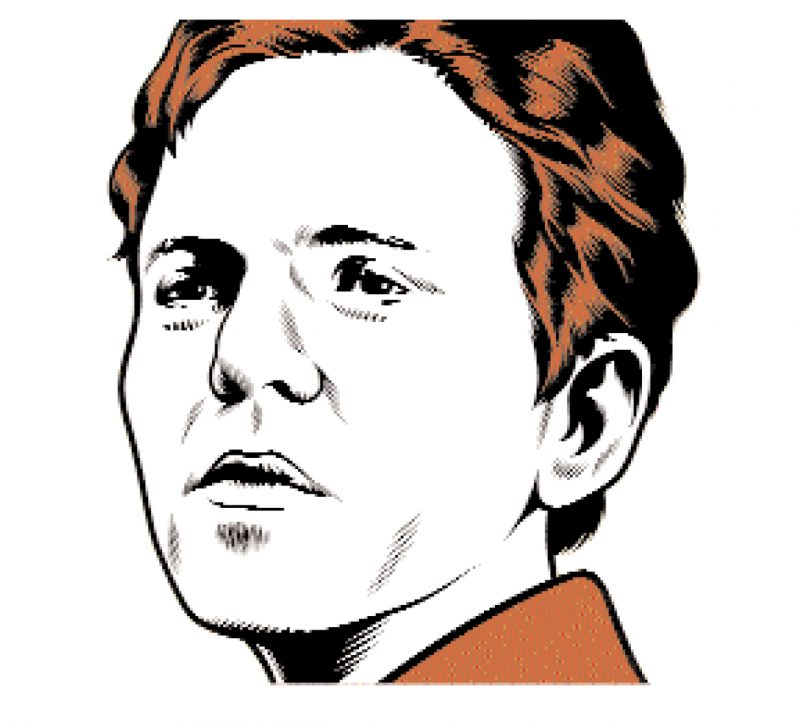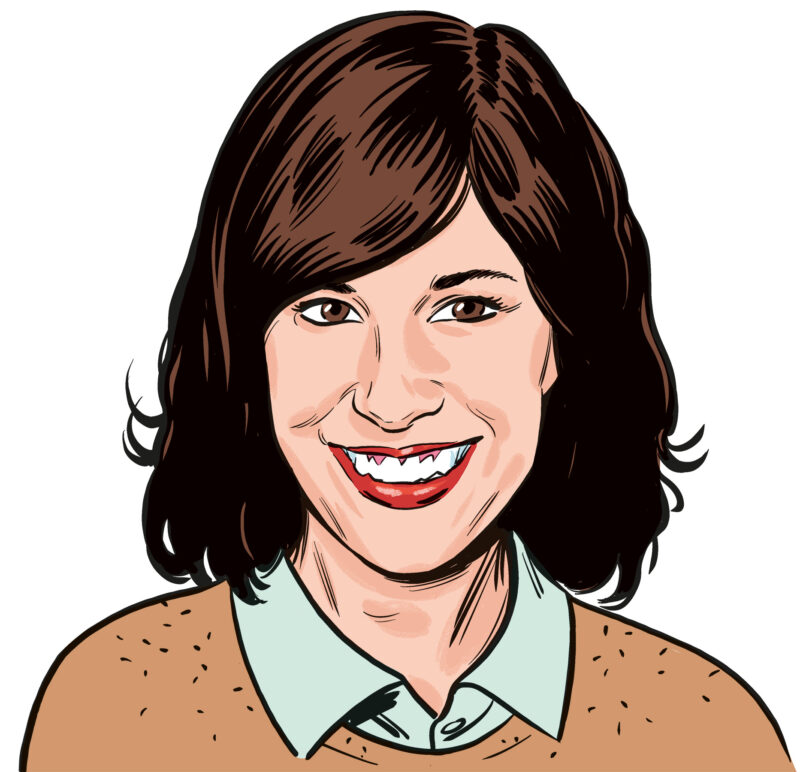I met Pearl Jam’s Eddie Vedder in Seattle in 1998, outside a club called The Crocodile Café. My band [Sleater-Kinney] was playing that night and Eddie walked up and stood in line behind me and my bandmate. He introduced himself to us and said he felt like he was standing next to Jagger and Richards. It’s a compliment a girl doesn’t hear too often.
It’s not that his comments fed my ego, or were commensurate to my own sense of self, but they were indicative of something that I would later learn is intrinsic to Vedder: he is unafraid to be a fan, and music is an entire universe for him.
Whether he’s bringing the Buzzcocks along on tour to introduce his audience to some English punks who were there at the beginning, or playing a cover of the Clash’s “Know Your Rights,” doing a pretty good job of imitating Joe Strummer’s hoarse and plaintive cry, Vedder is all about sharing. On the tour we did together in 2003, I watched musicians from the likes of Steve Earle to the Dead Boys’ Cheetah Chrome take the stage beside him. Well, actually, in front of him, since he often slips into the background to watch. Even when it’s just his own band on stage, he’ll step aside during a Mike McCready solo, steal glances at the crowd, rock back and forth; sometimes it’s more like he’s part of the audience than the lead singer.
We were all on stage one night, playing Neil Young’s “Rockin’ in the Free World,” which was typically Pearl Jam’s last song of the encore. We got to the break in the song, and I guess the drummers thought the guitarists would keep playing and vice versa, but it turned out that none of us did. We all stopped. For a moment, it was just Eddie. “There are a thousand points of light,” he sang. There was nothing behind him. It was a clumsy and beautiful moment. He turned to us, smiling, as if to say, “What the fuck?” and we came back in on the next beat. I remember thinking later that he could probably do all of this on his own, but I know he’d rather be part of something bigger, and he’d rather have music filling the space around him, so that he can be a performer and a fan at the same time.
—Carrie Brownstein
I. “IT’S AN OCCUPATIONAL HAZARD JUST TRYING TO LIVE.”
CARRIE BROWNSTEIN: Is tomorrow the day you’re quitting smoking? Do you want to discuss that at all?
EDDIE VEDDER: Yeah, let’s see. Well, it’s shameful that I thought that we should talk before I quit. I’m still...
You have reached your article limit
Sign up for a digital subscription and continue reading all new issues, plus our entire archives, for just $1.50/month.
Already a subscriber? Sign in






